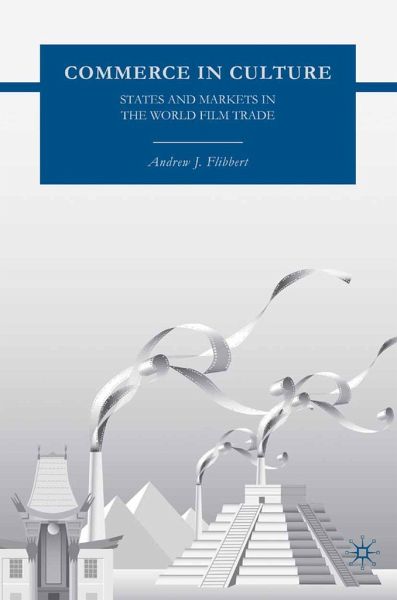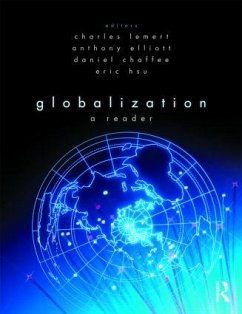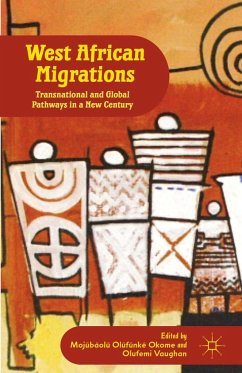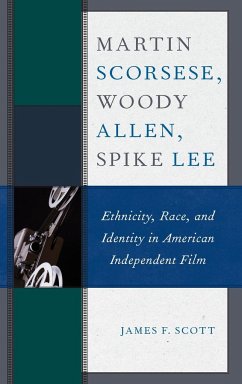
Commerce in Culture
States and Markets in the World Film Trade
Versandkostenfrei!
Versandfertig in 6-10 Tagen
38,99 €
inkl. MwSt.
Weitere Ausgaben:

PAYBACK Punkte
19 °P sammeln!
Commerce in Culture is an innovative study of how states have responded to the globalization of the film sector. Concerned with more than film content or substance, the book exposes the ongoing political and economic struggles that shape cultural production and trade in the world. The historical focus is on Hollywood's engagement with rivals and partners in two leading developing countries, Egypt and Mexico, beginning with the birth of their national film industries in the late 1920s. State and market institutions evolved differently in each context, acting like national prisms to mediate inte...
Commerce in Culture is an innovative study of how states have responded to the globalization of the film sector. Concerned with more than film content or substance, the book exposes the ongoing political and economic struggles that shape cultural production and trade in the world. The historical focus is on Hollywood's engagement with rivals and partners in two leading developing countries, Egypt and Mexico, beginning with the birth of their national film industries in the late 1920s. State and market institutions evolved differently in each context, acting like national prisms to mediate international competition and produce distinctive results. As filmmaking has become a dynamic focal point in the new economy, Commerce in Culture reveals a vital but neglected part of the global terrain.














